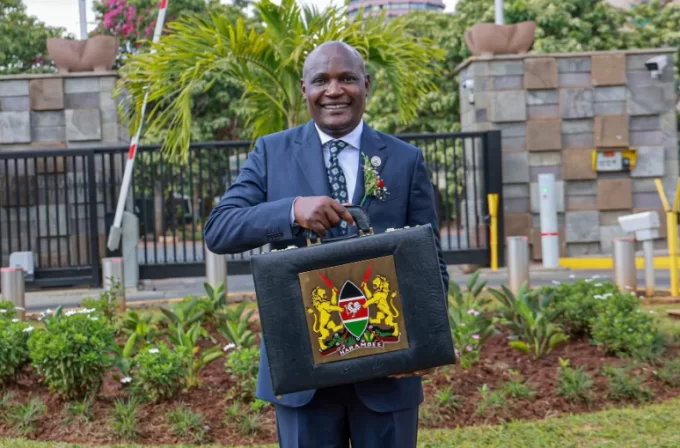Every year we come up with New Year’s resolutions: something that we hope to do a little better than we did the previous year. There’s a whole host of them, including exercising more, eating healthier, and calling our loved ones more often, but one of the most popular ones is saving money.
With the world still recovering from one of the most difficult years in recent history, saving might seem like a pipe dream. Many of us set the goal to save more this year, but then life got in the way. If you’re not feeling like you’re on the saving track you intended for 2021, worry not, here are a few tips to get you closer to your goal, be it for a big purchase or to buffer the emergency savings.
-
Budget (and track expenses)
The first step to saving money is to have a clear picture of what your expenses are, which will in turn help you budget. Track all your expenses for an entire month in a spreadsheet or with an app, making sure to include even the smallest purchases. Once you know where your money is going, create a monthly forecast budget using a budgeting framework such as the 50/30/20 rule. The idea is to use 50% of your income for needs (rent, transport, food), 30% for wants (vacation, designer bag, eating out) and 20% for savings and debt repayment (emergency savings, HELB loan, mortgage). It’s impossible to know how much you can save and how close you are to your goal without a clear idea of what you spend each month.
READ ALSO>>>>>Small Saving Tips for Parents to Take Your Family a Long Way
-
Shop in bulk
Doing your shopping in bulk might be expensive at first, but will save you money in the long run. Instead of shopping at supermarkets with retail prices, go to wholesalers once a month, such as those found in Eastleigh or South C. The goods are the same as those in the supermarkets, but much better priced.
Because you’re able to save more with a bigger purchase, find a friend and split the cost and items.
When it comes to groceries, it’s still a known fact that the market is cheaper than the grocery store. Wake up on a Saturday morning and be ready to brave the (human) traffic and commotion at Marikiti for a worthwhile return. You will spend half the amount and get months’ worth of groceries.
-
Book regular cleans
If you work a full-time job like most people, then your days off are limited and precious; so you want to spend them resting rather than cleaning the house and doing laundry. This is where a home cleaning service like SweepSouth comes in handy. In addition to booking a one-off cleaning, it also allows you to book and schedule recurring cleaning services, saving you up to 28%.
The SweepStars who clean your home are vetted pros and all safety protocols are in place. Not only will you be rested on your day off, you’ll also spend significantly less money on cleaning.
-
Take lunch to the office
Those of us who were lucky enough to still have jobs last year at the peak of the pandemic realised just how much money they saved by eating lunch, and all meals, at home. And even though physical offices are opening up, the practice doesn’t have to stop.
READ>>>>>Affordable DStv Packages to Help You Save in 2021
Carry your lunch from home to the office and put aside the money you would have spent to see how much you have saved at the end of the month. Hopefully seeing the amount will motivate you to keep it up.
-
Make big purchases during shopping holidays
Furnishing a home is a costly undertaking but if you plan your purchases , you can get great discounts. Buy your furniture, electronics or bedding around major shopping holidays. Black Friday, Cyber Monday, Easter weekend and the festive season are just some of the days when the prices are slashed by half or more.
Review progress
As with every goal, it is important to review the progress regularly, and note the areas of improvement. Now that we’re at the end of the first quarter, it’s the perfect time to reflect and start using some of these tips, or use them to improve on already existing savings habits.












Leave a comment